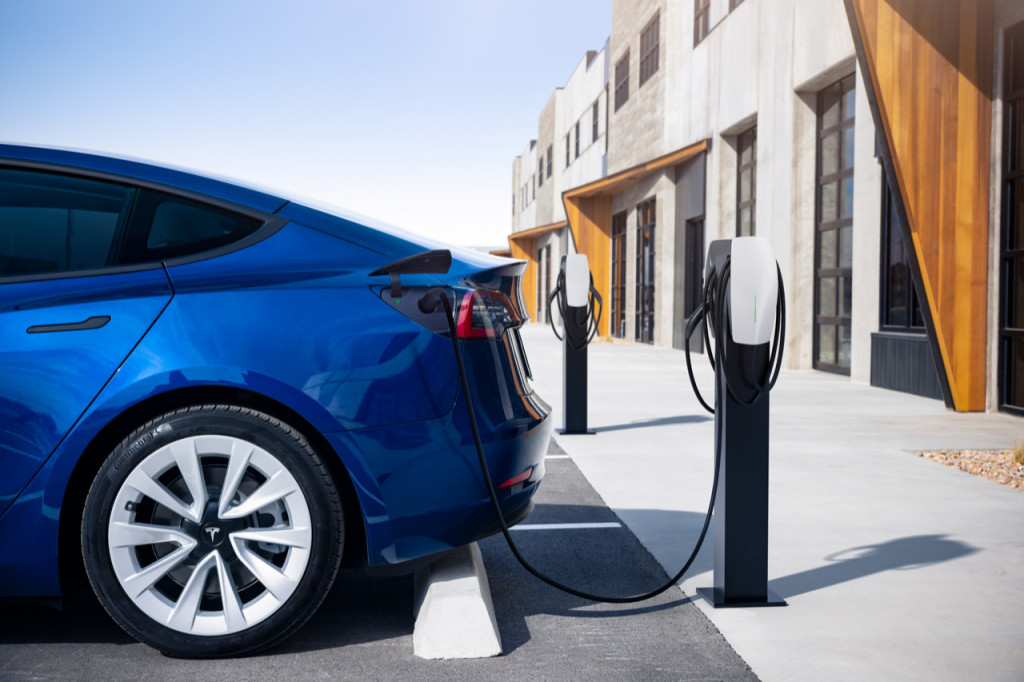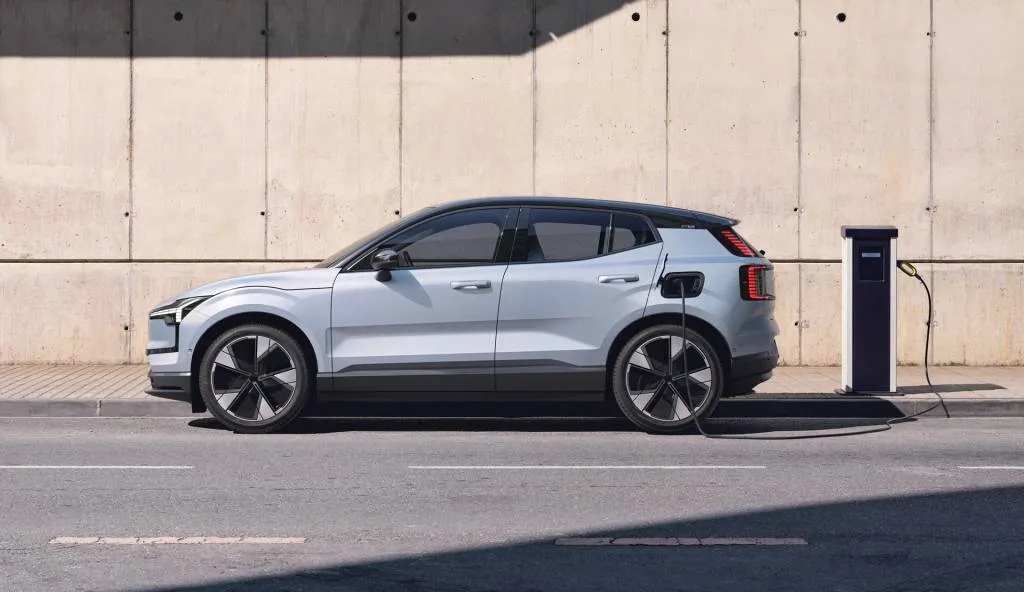Tesla calls its charging connector the North American Charging Standard (NACS), but as more automakers move to adopt it, a major industry group aims to make NACS a standard in more than just name.
SAE International on Tuesday announced plans to standardize the Tesla connector. This will help ensure that any manufacturer or supplier outside of Tesla could deploy the connector on future EVs and charging stations in North America, according to a press release.
Tesla first made an appeal for other EV brands to use its connector, and renamed it NACS, last November. But what Tesla released was a technical specification, not an actual standard that companies could use for manufacturing, future interoperability, and their own interfaces.

Tesla charging
The SAE International process aims to build on that to create a true standard that all manufacturers of both EVs and charging hardware can use, similar to the J1772 standard for North American AC charging and Combined Charging Standard (CCS) for DC fast charging, ensuring interoperability of components from different manufacturers.
No timeline was given, but the release said development of an SAE-approved standard based on the Tesla connector would happen "on an expedited timeframe."
The announcement came the same day Volvo joined Ford, GM, and Rivian in adopting the standard starting in 2025, with an adapter to come before then. Hyundai and Stellantis have indicated they are considering adopting NACS as well for future EVs.

2025 Volvo EX30
Texas stands out for already requiring NACS connectors in any state-funded buildout of public chargers, and Washington State may be considering a similar measure. States are being given control of $5 billion in charging-infrastructure funding over five years by the federal government, part of $7.5 billion plan for a national charging network in the Biden administration's infrastructure law.
As adoption grows, SAE International's efforts may help develop a healthier ecosystem around the Tesla connector, one that includes multiple companies and more locations—while hopefully avoiding some of the complexity of CCS and its many stakeholders.












